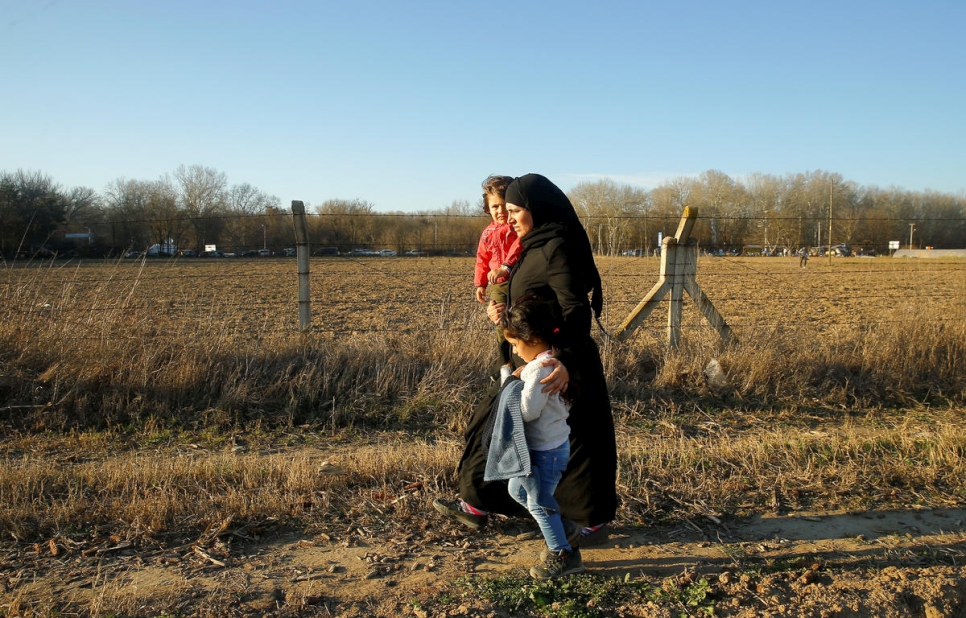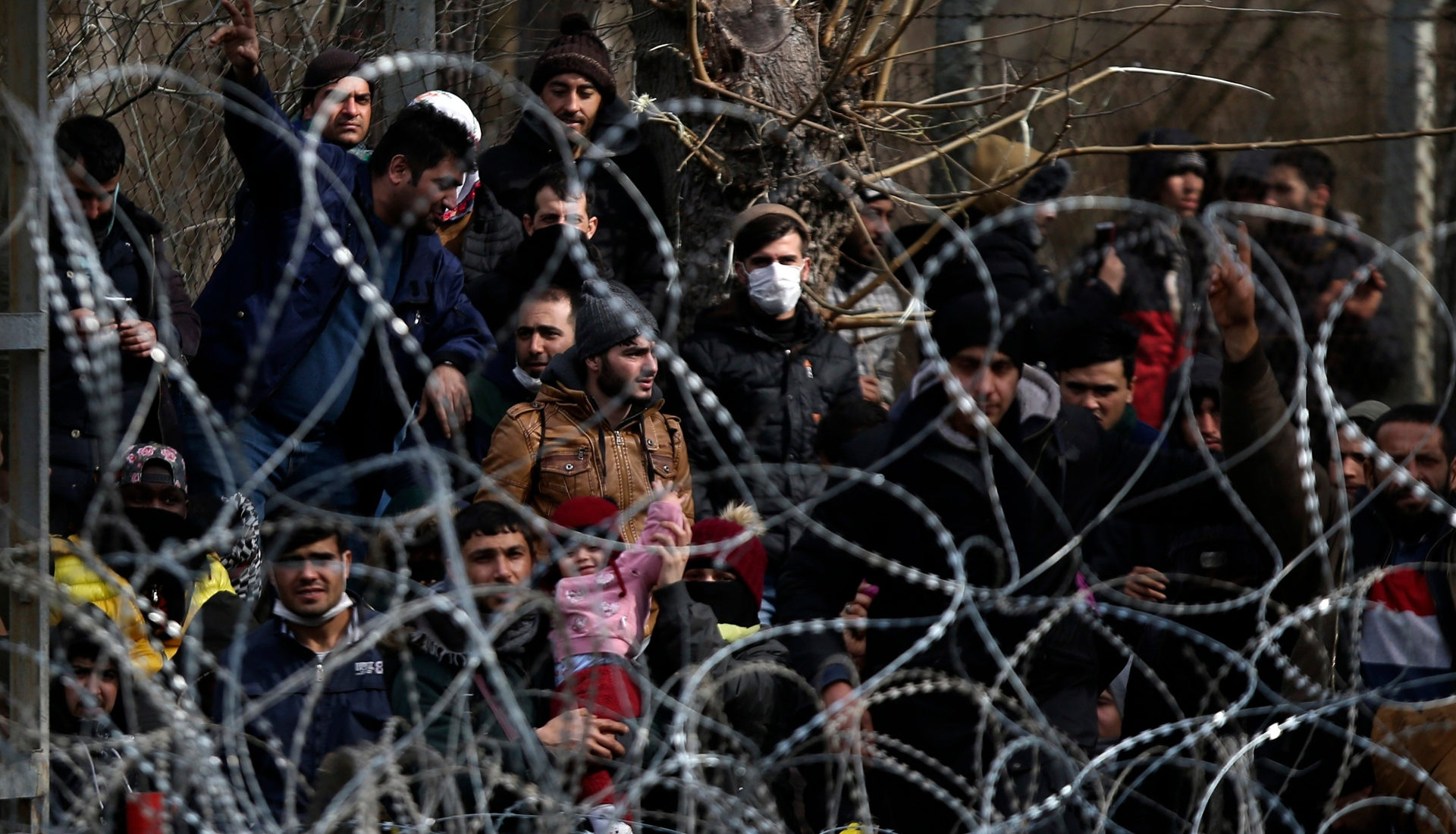Human Rights watchdogs condemn both nations for mishandling the unfolding crisis, which has resulted in an influx of Syrian asylum seekers crossing the Turkish border into Greece.
Turkey and Greece are currently involved in a policy stand-off that’s placing tens of thousands of refugees in danger. Last Friday, Turkey lifted the controls on migrants exiting their borders for the EU established by the 2016 EU-Turkey deal. It took the decision after suffering a heavy military loss fighting in the Idlib region of Syria, where it is currently backing rebel forces against the Syrian government. Turkish officials have been trying to create a safe area to resettle the millions of Syrian refugees it took in, and continues to take in, during the Syrian civil war.
The lifting of regulations has resulted in a surge of Syrian refugees to the Greek mainland and islands – at least 24,000 people have been stopped from crossing the border since Saturday, according to Greek government figures.

Greece has blocked any new asylum applications for the next month because of what it calls ‘the coordinated and massive nature’ of illegal migration from Turkey. Coordinated, or at least predictable, it most certainly is, as Turkey’s lifting of immigration restrictions directly defies the EU-Turkey deal. In 2016, in order to aid Turkey’s effort to house the almost one million migrants fleeing Syrian’s borders, the EU pledged them €6bn (£5.2bn; $6.7bn) in aid if they took in Syrian refugees arriving on the Greek Islands. For every Syrian person removed from Greece to Turkey, another would be resettled from Turkey to elsewhere on the EU.
It’s clear that this recent development is a tactical move by a frustrated Turkey who do not believe the EU is doing enough to help re-house refugees. That said, the UN Human Rights Council has said that Greece has no legal justification for suspending legal asylum procedures. A statement on their website reads, ‘Neither the 1951 Convention Relating to the Status of Refugees nor EU refugee law provides any legal basis for the suspension of the reception of asylum applications.’


















